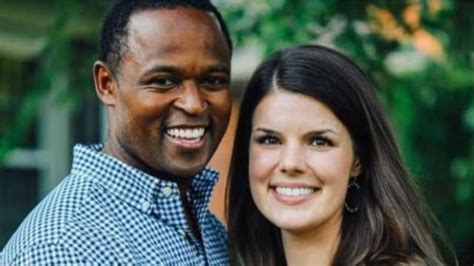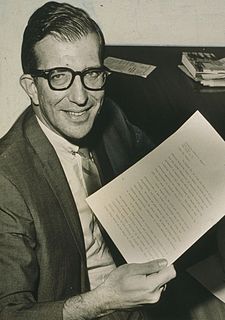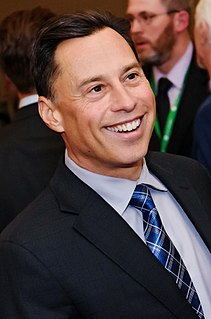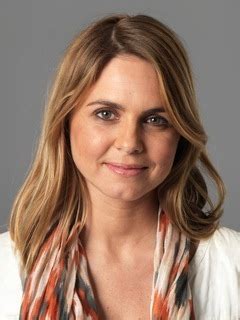A Quote by Michael Porter
As minorities and other immigrant groups become more important to our economy, the inner city is a crucible that gives us an early look at phenomena that are going to be spreading more broadly in the economy over time.
Related Quotes
We can't have extraordinary dynamism, innovation, and change in the economy and expect to have predictability and stability in our personal lives. It's not as if there are these big, giant institutions existing between us and the economy. In fact, these institutions have become tissue-thin. There is no mediation anymore. We are the economy; the economy is us.
For complex reasons, our culture allows "economy" to mean only "money economy." It equates success and even goodness with monetary profit because it lacks any other standard of measurement. I am no economist, but I venture to suggest that one of the laws of such an economy is that a farmer is worth more dead than alive. A second law is that anything diseased is more profitable than anything that is healthy. What is wrong with us contributes more to the "gross national product" than what is right with us.
Doing the same things you did when the economy was good is not good enough. You will have to put more coals on the fire in a poor economy to get the same heat you received in a good economy. You must give more energy, more thought, more service, and get into positive thinking material more frequently. Become more selective about who you spend time with. Love a little more, hate a little less. Think about it. You can progressively move on an upward path toward any goal. The choice is yours as to who or what controls you!
Today it's fashionable to talk about the New Economy, or the Information Economy, or the Knowledge Economy. But when I think about the imperatives of this market, I view today's economy as the Value Economy. Adding value has become more than just a sound business principle; it is both the common denominator and the competitive edge.
It's time to admit that public education operates like a planned economy, a bureaucratic system in which everybody's role is spelled out in advance and there are few incentives for innovation and productivity. It's no surprise that our school system doesn't improve: It more resembles the communist economy than our own market economy.
Ontario's auto sector is a cornerstone of our economy - a key source of our ability to export, innovate and create jobs. In this highly competitive global economy, we need to drive further investment and ensure the sector remains strong. I am confident that this new partnership, with Ray Tanguay's strategic advice and leadership, will allow Ontario to increase our competitiveness, productivity, and market share in the auto sector, and I look forward to their important work contributing to a more prosperous, innovative Ontario economy.
When it comes to fossil fuels, we're going to find more here and use less. Over time, we're going to become energy independent. I am tired of sending $300 billion overseas to buy oil from people who hate our guts. The choice between a weak economy and a strong environment is a false choice, that is not the choice I'll offer America.
Obviously, if Christianity is going to survive as more than a respecter and comforter of profitable inquiries, then Christians, regardless of their organizations, are going to have to interest themselves in economy-which is to say, in nature and in work. They are going to have to give workable answers to those who say we cannot live without this economy that is destroying us and our world, who see the murder of Creation as the only way of life.



































